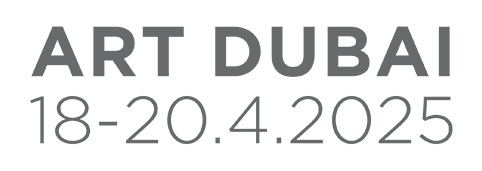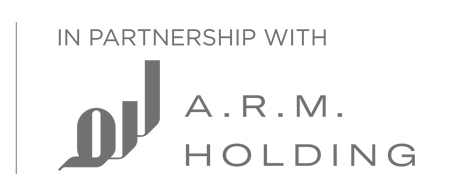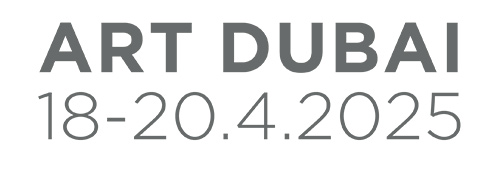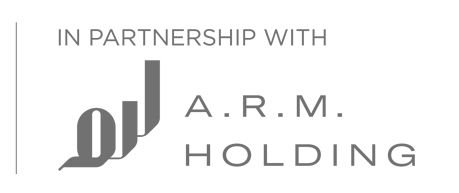ART DUBAI 2019 MODERN SYMPOSIUM PROGRAMME
Friday 22nd March
Performing Modernity: Baghdad of the mid-twentieth century
Dr. Nada Shabout
12:30-1:30pm
This talk explored a number of pivotal politico-cultural events and their articulations in Baghdad between the 1940s and 1960s particularly as manifest in engagements and expressions artists’ groups and movements. It provided the context and introduced the issues and protagonists of the Iraqi art scene that were instrumental in charting modernism and its future trajectories.
Dr. Nada Shabout is a professor of Art History and the Coordinator of the Contemporary Arab and Muslim Cultural Studies Initiative (CAMCSI) at the University of North Texas, Shabout is the founding president of the Association for Modern and Contemporary Art from the Arab World, Iran and Turkey (AMCA). She has published numerous articles on modern and contemporary Arab and Iraqi art. She is the author of Modern Arab Art: Formation of Arab Aesthetics, University of Florida Press, 2007; co-editor with Salwa Mikdadi of New Vision: Arab Art in the 21st Century, Thames & Hudson, 2009; and co-editor with A. Lenssen and S. Rogers, Modern Art in the Arab World: Primary Documents, Museum of Modern Art, New York, 2018.
Beirut
Dr. Catherine David
2-3pm
French-born art historian and curator, David is Deputy Director of Musée National d’Art Moderne, Paris. She has worked at the Musée National d’Art Moderne, Centre Georges Pompidou, the Galerie Nationale du Jeu de Paume, Paris and the Witte de With Center of Contemporary Art in Rotterdam. In 1997, she was Artistic Director for documenta X in Kassel and in 1998, served as Director of Contemporary Arab Representations.
Dakar
Elvira Dyangani Ose
3:30-4:30pm
Elvira Dyangani Ose discussed her two primary interests in Dakar: firstly, the city as a site for a plural experience of Africanness and Blackness (Négritude, New Negro, Black Internationalism, pan-Africanism and other practices of Diaspora), as framed by two important events: the First World Festival of Black Arts, and the second edition of the Biennial of Dakar; and secondly, the city as a setting where political consciousness is exercised, in which artist collectives such as Laboratoire Agit-Art went beyond the aesthetic experience to critically promote the development of cultural initiatives whose goal was to blur disciplinary boundaries and to propose the experience of a ‘total art’ that was powerfully influenced by vernacular cultures and languages.
Elvira Dyangani Ose is Director of The Showroom, London. She is affiliated to the Department of Visual Cultures at Goldsmiths and the Thought Council at the Fondazione Prada. Previously, she served as Creative Time Senior Curator, Curator of the eighth edition of the Göteborg International Biennial for Contemporary art, and Curator International Art at Tate Modern.
Modern Art in Lahore
Dr. Iftikhar Dadi
5-6pm
This presentation focused on the city of Lahore as a site for the development of art since the mid twentieth century. The pioneering modernist Amrita Sher-Gil lived in Lahore in 1941—her work served as an example for many subsequent artists. During the 1950s, Anwar Jalal Shemza was associated with the Lahore Art Circle, a group of modernist painters. Shakir Ali’s presence in the city during the 50s, and his subsequent appointment as principal of the National College of Art, provided institutional support for modernist experimentation by key figures such as Zahoor ul Akhlaq. The artistic ecology of the city has continued to develop into the present, which now includes many educational institutions, numerous practicing artists, and a recently inaugurated biennial.
Dr. Ifitikhar Dadi is associate professor in Cornell University’s Department of History of Art, co-director of the Institute for Comparative Modernities, and director of the South Asia Program. Dadi is the author of Modernism and the Art of Muslim South Asia and co-edited Lines of Control: Partition as a Productive Space; and Unpacking Europe: Towards a Critical Reading. He serves on the editorial advisory boards of the journals Bio-Scope: South Asian Screen Studies; Archives of Asian Art and Art Journal (2007-2011), and is advisor to the Hong Kong based Asia Art Archive.



